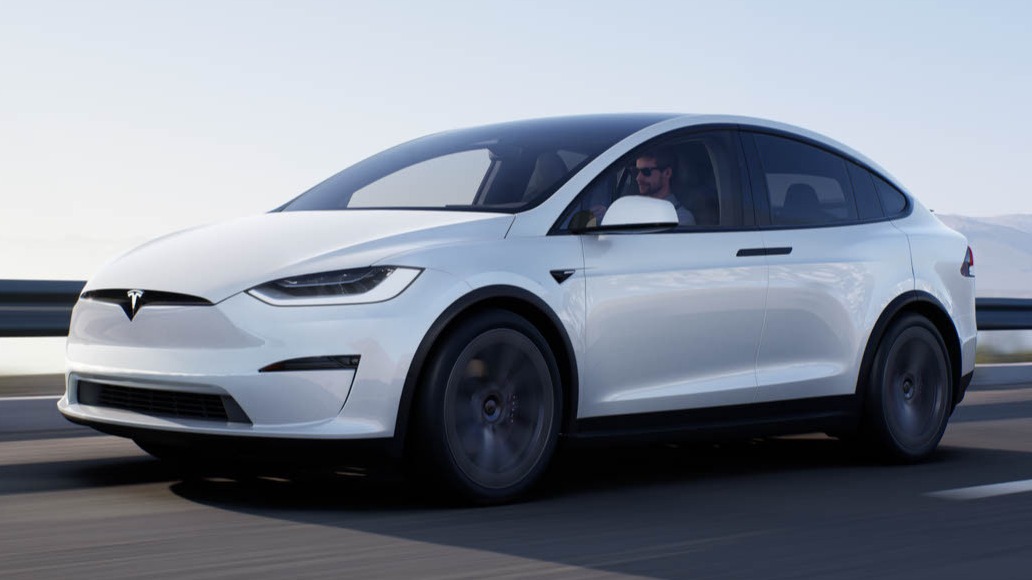Tesla has reportedly recalled nearly 30,000 Model X cars in the US over an issue that prevents the front passenger air bag functioning correctly.
The news, reported by Reuters, saw shares at the electric vehicle manufacturer drop by nearly three per cent, the lowest level in nearly two years.
In a filing with US regulators, Tesla said that in certain low-speed collision events the air bag could deploy incorrectly if a young front seat passenger is unbelted and out of position, meaning a higher risk of injury.
Tesla said it was not aware of any crashes, injuries or deaths stemming from the issue and that the problem should be fixed through a software update.
The company’s founder Elon Musk recently sold $3.4 billion in Tesla shares and nearly $20 billion in stock this year.
The mass sale of stock has financed Musk’s $44 billion acquisition of social media platform Twitter.
The move comes after Twitter laid off a large number of its employees, with Musk warning that the platform could go bankrupt.
Latest News
-
OpenAI seals Pentagon AI deal with safety guardrails hours after Anthropic ban
-
Anthropic refuses Pentagon demand to strip AI safeguards from Claude
-
Skyscanner rolls out app on ChatGPT
-
AI disruption risk varies between platform and service-based firms, says new report
-
UK government to bolster public sector with cyber talent investment
-
Citi creates AI infrastructure banking team
The future-ready CFO: Driving strategic growth and innovation
This National Technology News webinar sponsored by Sage will explore how CFOs can leverage their unique blend of financial acumen, technological savvy, and strategic mindset to foster cross-functional collaboration and shape overall company direction. Attendees will gain insights into breaking down operational silos, aligning goals across departments like IT, operations, HR, and marketing, and utilising technology to enable real-time data sharing and visibility.
The corporate roadmap to payment excellence: Keeping pace with emerging trends to maximise growth opportunities
In today's rapidly evolving finance and accounting landscape, one of the biggest challenges organisations face is attracting and retaining top talent. As automation and AI revolutionise the profession, finance teams require new skillsets centred on analysis, collaboration, and strategic thinking to drive sustainable competitive advantage.
© 2019 Perspective Publishing Privacy & Cookies



.jpg)
.jpg)





Recent Stories